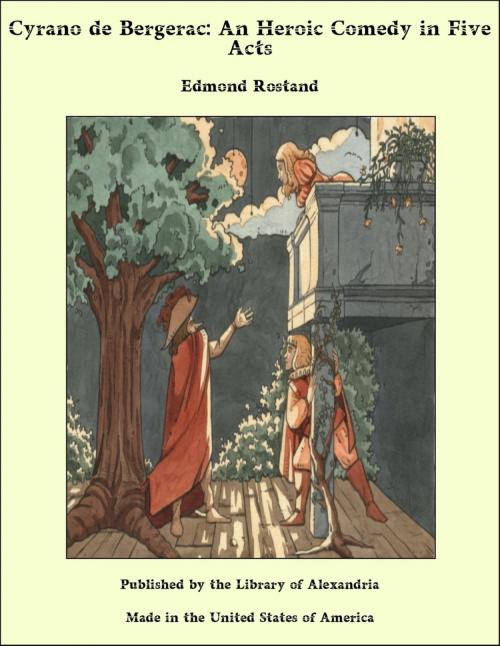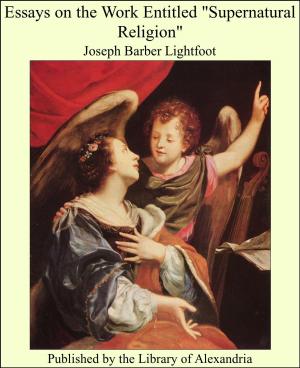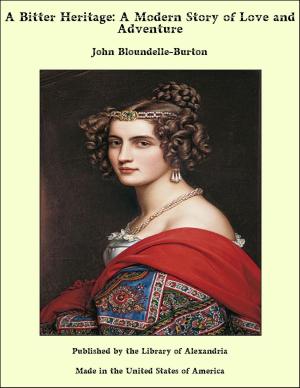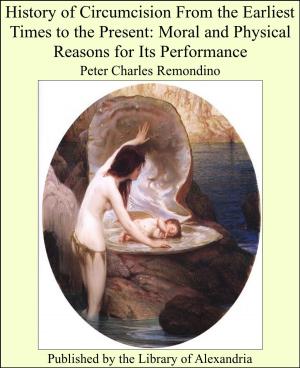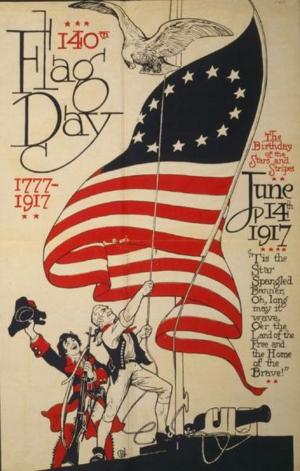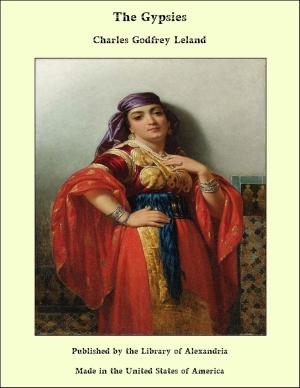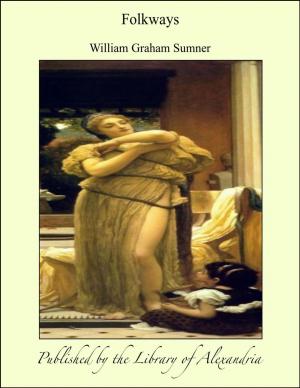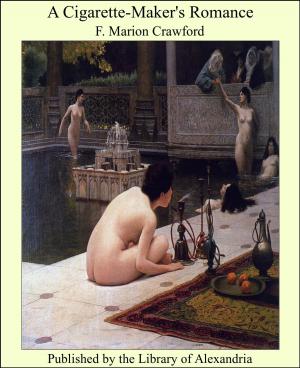Cyrano de Bergerac: An Heroic Comedy in Five Acts
Nonfiction, Religion & Spirituality, New Age, History, Fiction & Literature| Author: | Edmond Rostand | ISBN: | 9781465617347 |
| Publisher: | Library of Alexandria | Publication: | March 8, 2015 |
| Imprint: | Language: | English |
| Author: | Edmond Rostand |
| ISBN: | 9781465617347 |
| Publisher: | Library of Alexandria |
| Publication: | March 8, 2015 |
| Imprint: | |
| Language: | English |
The phenomenal success of "Cyrano de Bergerac" is undoubtedly one of the most important literary events of the last quarter of a century. It at once placed Edmond Rostand, a young man of twenty-eight, at the head of the small band of French dramatic writers, all men of marked ability, Maurice Donnay, Georges de Porto-Riche, François de Curel, Paul Hervieu, Henri Lavedan, etc., who had been struggling for supremacy since the disappearance of the two great masters of modern French comedy, Émile Augier and Alexandre Dumas, fils. There was no hesitation on the part of the public. It was at once recognised that what had just been produced upon the stage was not simply better than what had been seen for a long time, but was also, to a certain extent, of a different nature. And the verdict rendered by the French public in December, 1897, has since then been approved by readers and theatre-goers in nearly every one of the countries belonging to Western civilisation. Can it be said, however, that to an American, or an Englishman, "Cyrano" is all that it is to a Frenchman, that its production would have been possible outside of as well as in France, and its success as significant in London as in Paris? If "Cyrano" is really a great work these questions must be answered negatively, for it is in the nature of great literary works that they consist of a combination of what is purely human with what belongs to the time and place where they have had their birth. They must have enough of what is purely human to make it possible for them to be universally accepted, understood and admired. But they must be also strongly national, so that their universal acceptance may help in spreading all over the world part of the national ideal which prevails in their birthplace. And to these elements may be joined a third one, which is sure to add greatly to their success, and which "Cyrano" possesses in a very high degree, viz: timeliness. As soon as "Cyrano" appeared it seemed to the French that this was just what they had been waiting for. Two things especially appealed to them, one of a purely literary nature, the other one a part of the basis of moral feelings and ideas upon which the play is built. First of all, it was a clear play, full of light and sunshine. Edmond Rostand hails from the South of France, and the atmosphere of his play is as translucid as the atmosphere of his native Provence. It is as far removed from symbolism and mysticism as the shores of the Mediterranean are from the fogs of Scandinavia. Every incident in the play rests upon some trait of character or combination of circumstances which has been explained at some previous moment. Every one of the leading characters, and "Cyrano" most of all, stands out in bold relief, and there is no mistaking what they stand for.
The phenomenal success of "Cyrano de Bergerac" is undoubtedly one of the most important literary events of the last quarter of a century. It at once placed Edmond Rostand, a young man of twenty-eight, at the head of the small band of French dramatic writers, all men of marked ability, Maurice Donnay, Georges de Porto-Riche, François de Curel, Paul Hervieu, Henri Lavedan, etc., who had been struggling for supremacy since the disappearance of the two great masters of modern French comedy, Émile Augier and Alexandre Dumas, fils. There was no hesitation on the part of the public. It was at once recognised that what had just been produced upon the stage was not simply better than what had been seen for a long time, but was also, to a certain extent, of a different nature. And the verdict rendered by the French public in December, 1897, has since then been approved by readers and theatre-goers in nearly every one of the countries belonging to Western civilisation. Can it be said, however, that to an American, or an Englishman, "Cyrano" is all that it is to a Frenchman, that its production would have been possible outside of as well as in France, and its success as significant in London as in Paris? If "Cyrano" is really a great work these questions must be answered negatively, for it is in the nature of great literary works that they consist of a combination of what is purely human with what belongs to the time and place where they have had their birth. They must have enough of what is purely human to make it possible for them to be universally accepted, understood and admired. But they must be also strongly national, so that their universal acceptance may help in spreading all over the world part of the national ideal which prevails in their birthplace. And to these elements may be joined a third one, which is sure to add greatly to their success, and which "Cyrano" possesses in a very high degree, viz: timeliness. As soon as "Cyrano" appeared it seemed to the French that this was just what they had been waiting for. Two things especially appealed to them, one of a purely literary nature, the other one a part of the basis of moral feelings and ideas upon which the play is built. First of all, it was a clear play, full of light and sunshine. Edmond Rostand hails from the South of France, and the atmosphere of his play is as translucid as the atmosphere of his native Provence. It is as far removed from symbolism and mysticism as the shores of the Mediterranean are from the fogs of Scandinavia. Every incident in the play rests upon some trait of character or combination of circumstances which has been explained at some previous moment. Every one of the leading characters, and "Cyrano" most of all, stands out in bold relief, and there is no mistaking what they stand for.
